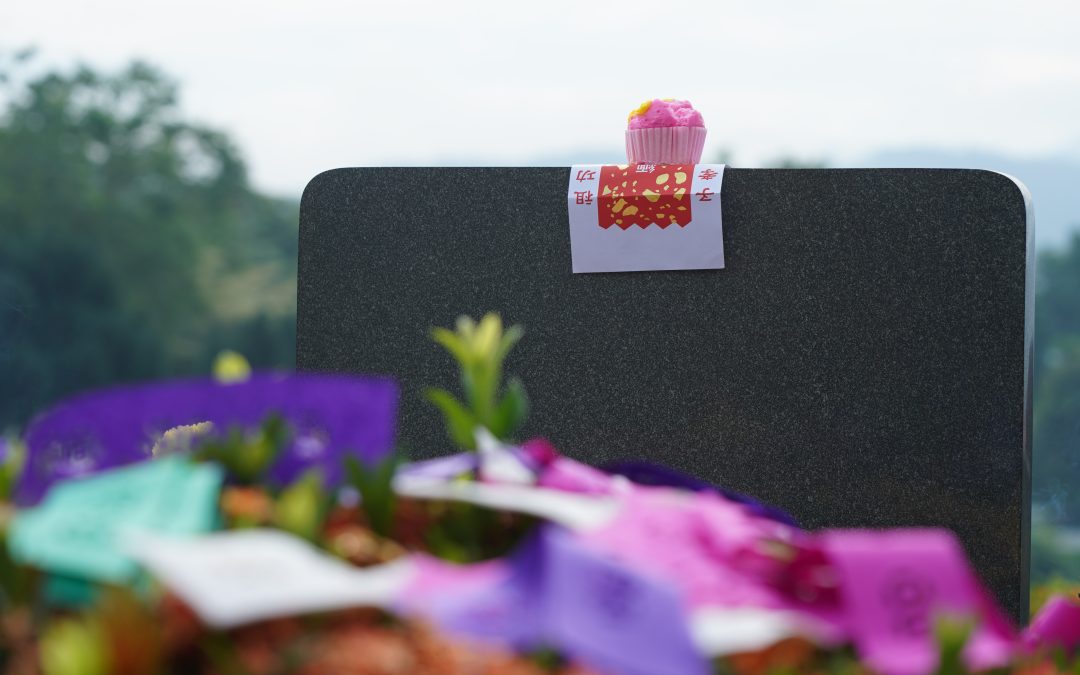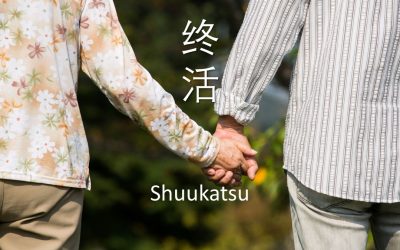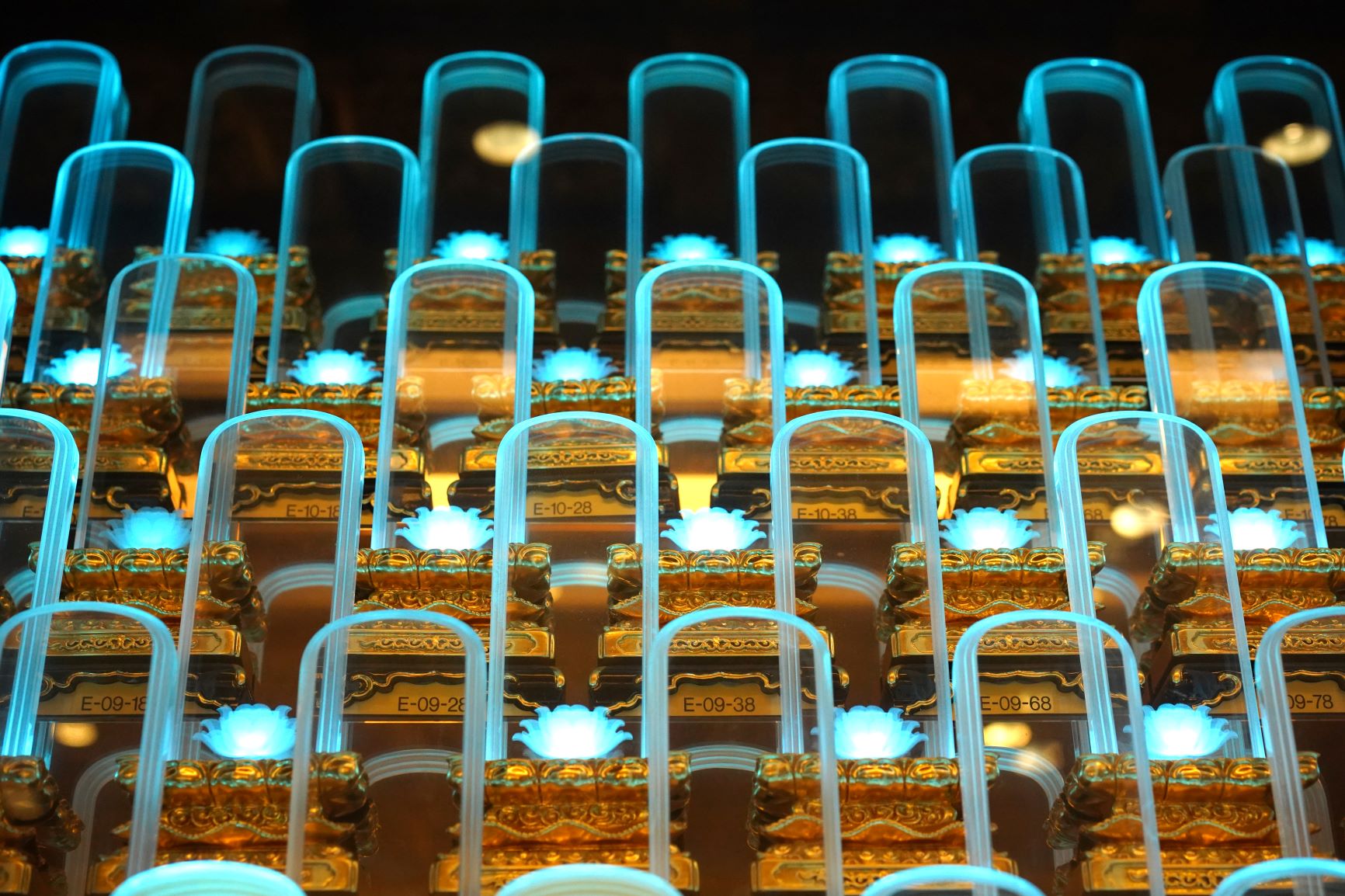As Qing Ming Festival draws closer, have you already made plans with your family for tomb-sweeping rites? Like all traditional Chinese festivals, Qing Ming Festival comes with its own set of customs and taboos. These might include not calling out the names of the living in the cemetery, married daughters not returning to their maiden homes for tomb-sweeping rites, or certain zodiac signs needing to avoid participating. Another tradition related to the Qing Ming Festival is “Early Qing Ming,” which is more of a guideline than a taboo.
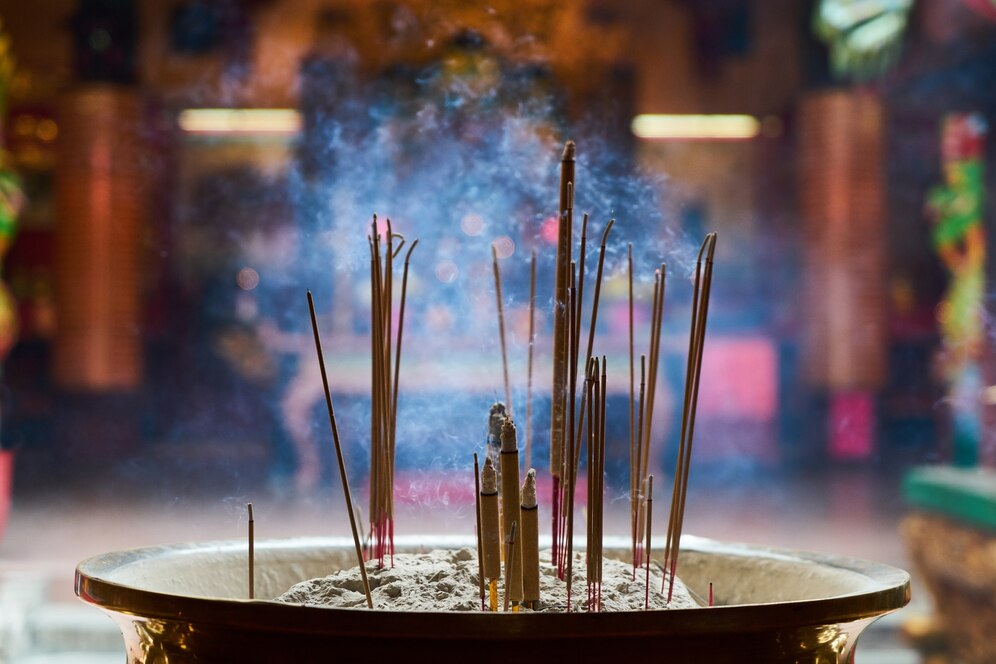
“Early Qing Ming” is a simplified term that refers to the practice of visiting and performing tomb-sweeping rites before the actual Qing Ming Festival. Traditionally, there is a saying that states, “New tombs shouldn’t wait until the day to honour the Earth deity.” This belief is documented in the “Shinan Prefecture Chorography,” a Qing dynasty text that records over 31 volumes of information relating to astronomy, geography, customs, military, art, literature, and traditions. It states, “For newly buried tombs, offerings must be made before the day to honour the Earth deity, and all male and female family members, including relatives, should participate.” Deceased individuals within three years are considered “new tombs,” and their descendants should visit the tombs before Qing Ming Festival for the first three years. “Before the day to honour the Earth deity” means not exceeding the Spring Earth Deity Worship Festival, which is the traditional day for worshipping the Earth deity for a bountiful harvest, usually the fifth Wu day after the Beginning the Spring. The Spring Earth Deity Worship Festival falls on the 21st day of the second lunar month this year, which is March 20th on the Gregorian calendar.
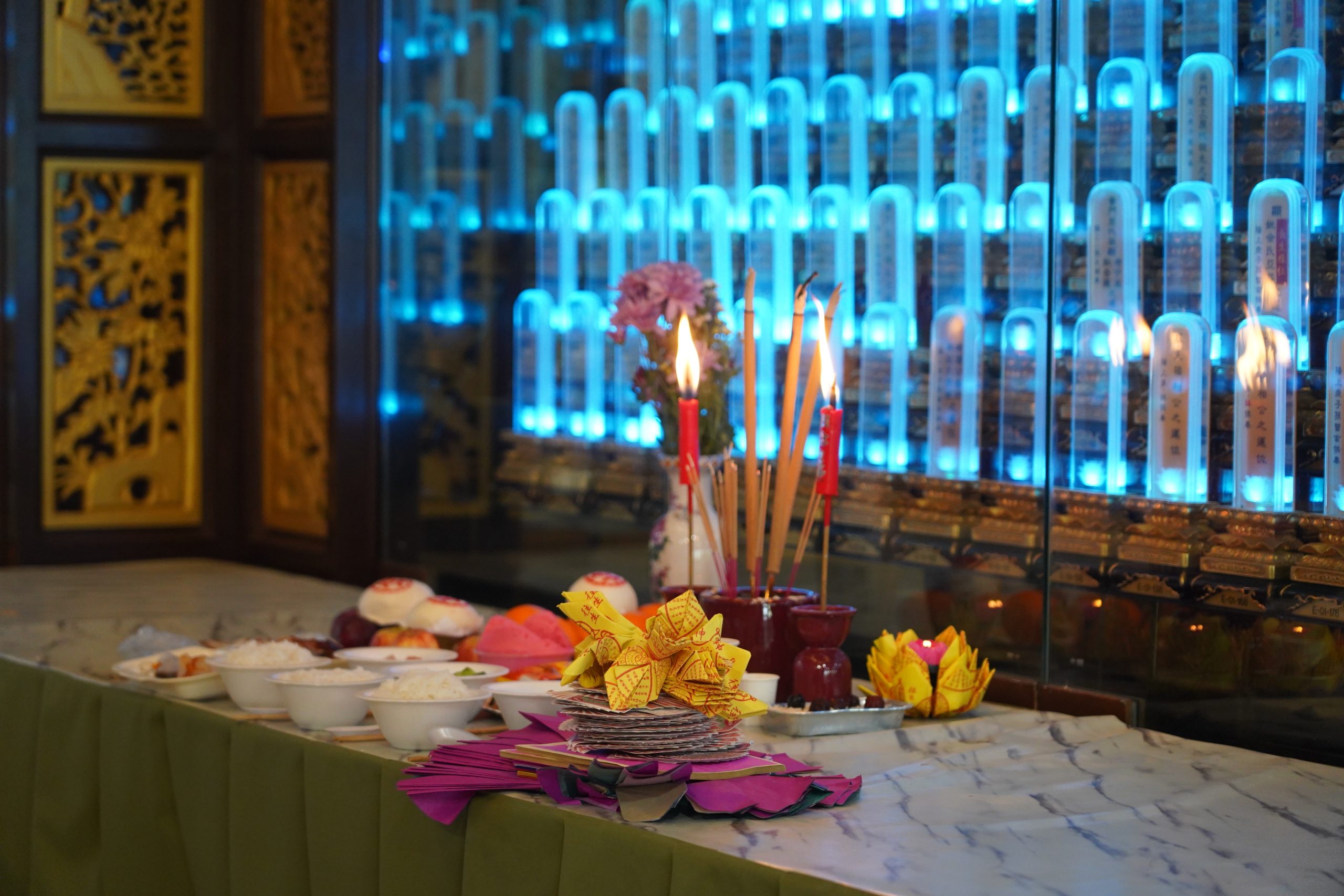
The reasoning behind “Early Qing Ming” can be understood from two perspectives. In ancient folk beliefs that predates Buddhism and Taoism, the Chinese believed people transition to spirit form upon death.
Many believed “Early Qing Ming” is a special privilege granted by the Lord of the Netherworld to new spirits, allowing them to enjoy the offerings of filial descendants earlier without having to compete with older spirits. Therefore, descendants can perform ancestral worship earlier without waiting for the arrival of Qing Ming Festival.
The other reasoning is more rational and practical in nature. Qing Ming is one of the 24 solar terms of the traditional Chinese lunisolar calendar. Because we don’t experience the four seasons in Malaysia, we don’t feel any major changes in the transitioning of solar terms. In China however, the Qing Ming Festival is also called the Spring Outing Festival—a time when families enjoy outdoor activities and picnics while also visiting ancestral tombs. Traditionally, the Qing Ming Festival is not meant to be a sorrowful day, but rather a time for family bonding and remembrance.
Nevertheless, for those who have lost a loved one within the past three years, the grieving family members are still in mourning and may not share the more light-hearted sentiments and jovial mood of others coming to perform tomb-sweeping rites. By observing “Early Qing Ming,” bereaved families can visit the tombs earlier and mourn privately without being surrounded by the lively atmosphere of others enjoying their spring outings. From this perspective, this tradition shows consideration for the emotions of mourning families.
In the past, the definition of a new tomb was three years because mourning lasted three years. Nowadays, the three-year mourning period is rarely observed anymore, so many service providers instruct families to perform “Early Qing Ming” only in the first year. This is a result of social changes adapting to modern rhythms.
Thus, is the significance of “Early Qing Ming” to allow new spirits to enjoy offerings sooner or to let mourning families avoid noisy crowds? Beliefs are free, and traditions are merely guidelines. Whether or not to follow the “Early Qing Ming” rule should be up to the families involved. Filial piety and remembrance of loved ones are not bound by specific days; besides Qing Ming and Chong Yang Festivals, you can visit the tombs and pay respects to your ancestors anytime.
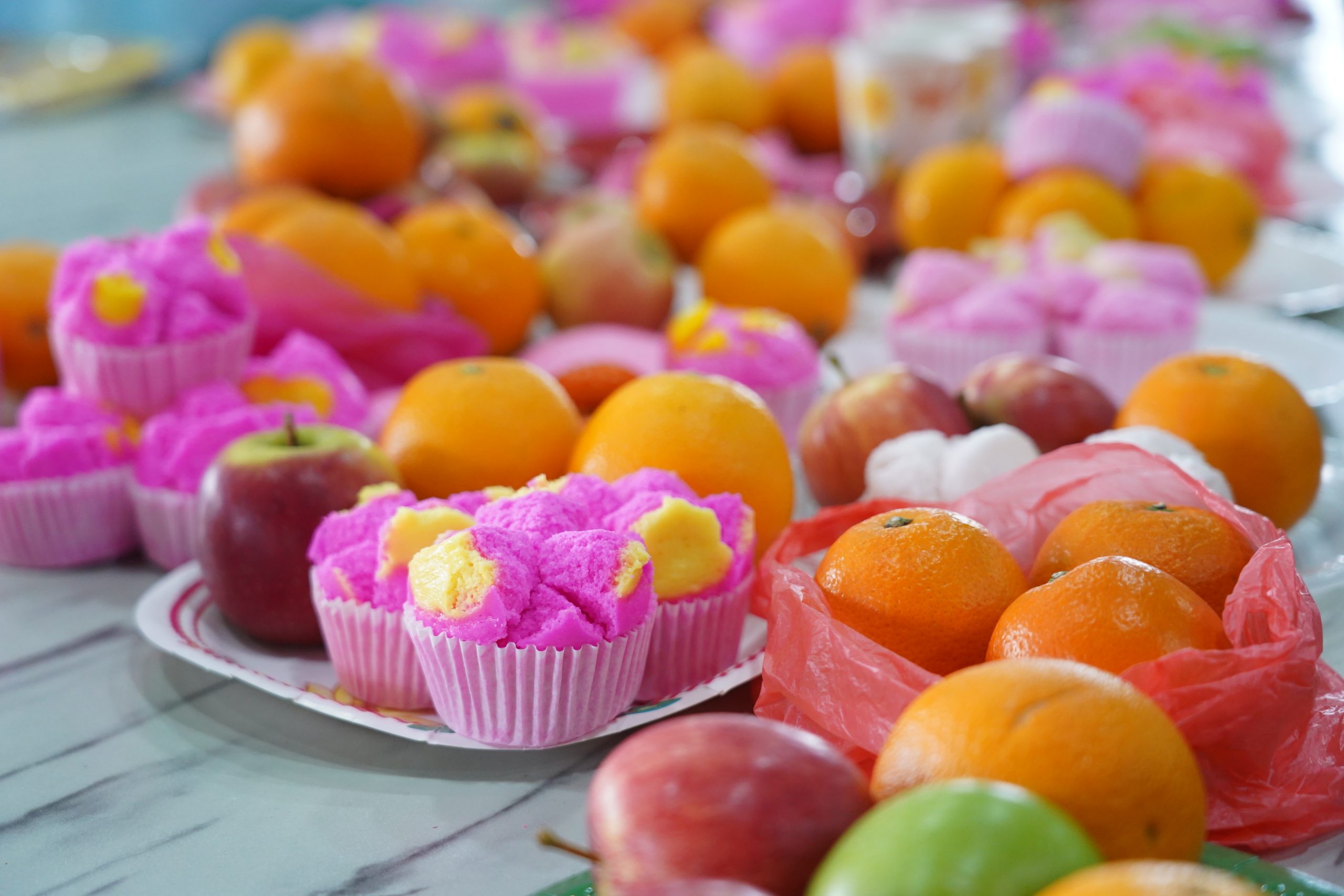
Malaysia Multi-racial Farewell Ceremonies
Malaysia is a multi-racial country, with the main ethnic groups being Malay, Chinese and Indian. For the ethnic Chinese, there are various religious funeral rites such as Buddhist, Taoist and Christian, and Islamic and Hindu rites for the other ethnic groups. Different ethnic groups and religions have different cultural practices, religious ideologies, beliefs and values, making Malaysia’s funeral culture appear diverse in many ways.
Ancestral Tablet
The ancestral tablet is also called “soul tablet”, “spirit tablet”, “soul seat” and others. In Buddhism, it is called “lotus dais” or “lotus seat”. It is generally used as a temporary seat for the soul of the departed to reside, and convenience for the family members, relatives and friends to pay their respects.
shuukatsu
Shuukatsu / Translated by Colin Kuan The term “shuukatsu” has become a popular buzzword in recent years. What then is “shuukatsu”? Shuukatsu originated from Japan. According to the United Nation’s 2019 Revision of World Population Prospects, the most important...
Information for Malaysians | What to do when a loved one dies
Information for Malaysians What to do when a loved one diesThe loss of a loved one is an inevitable life experience for everyone as we grow up, but we must always be brave enough to face and accept it. With birth comes death, and with growth comes decline. This...
The guardian deity of tombs – Hou Tu
The guardian deity of tombs - Hou Tu Whenever you visit a cemetery during Qing Ming, have you ever noticed a small stone tablet with the characters “后土 (Hou Tu)” inscribed on it nearby the tombs of your ancestors? Before paying respects to our ancestors, we will offer...
Pre-planning: Sparing your loved ones from being exploited
Pre-planning: Sparing your loved ones from being exploited Whether you are prepared for it or not, when a loved one passes away, the emotional toll that grief exerts can be so overwhelming it leaves very little room for other considerations. The last thing that any...
Nirvana Ming Palace
Nirvana Ming Palace: A realm of tranquility where culture meets artCovering an area about 30,000 square feet, Nirvana Ming Palace is located at Nirvana Memorial Park (Shah Alam). The overall architectural style of Ming Palace is inspired by the designs of palaces from...
Create your own “home”
Create your own “home” It is believed that many people have a lifelong wish to live in comfort and peace - during their lifetime - in the home of their dreams. It is worth noting that people only can envision the actual house they live in, but have no idea of where...
Sheng Ji · A new turnaround of fortunes
Sheng Ji ·A new turnaround of fortunes During the festive season, relatives and friends will convey well wishes of “good health”, “long life” and more. Of course, we all hope that things come as easy as they say, but did you know that you can change your fortunes by...
Ji Le Columbarium
Nirvana Memorial Garden (Semenyih) Ji Le Columbarium Spacious & Minimalistic · Reasonable & Affordable All sentient beings are suffering, and attaining Ultimate Bliss is the best way to escape from suffering. Hence, the columbarium here at Nirvana Memorial...

